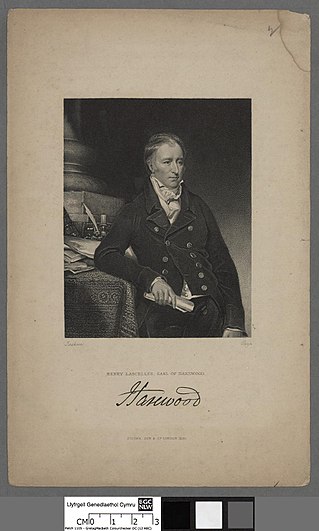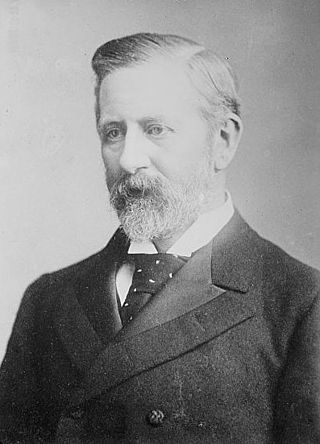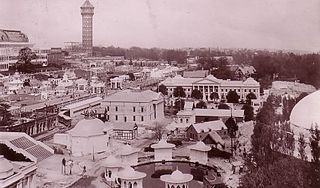Jardine is a surname. Notable people with the surname include:

Earl of Harewood, in the County of York, is a title in the Peerage of the United Kingdom.

Henry Lascelles, 2nd Earl of Harewood DL, known as Viscount Lascelles from 1814 to 1820, was a British peer, Tory politician, planter and art collector.

William Saunders Sebright Lascelles PC was a British Whig politician. He served as Comptroller of the Household from 1847 to 1851.
Sir Francis Drake (1540–1596) was an Elizabethan privateer and naval hero.

Henry Lascelles, 3rd Earl of Harewood DL, known as Viscount Lascelles from 1839 to 1841, was a British peer and Member of Parliament.
(Vreda Esther) Mary Montagu Douglas Scott, Duchess of Buccleuch and Queensberry, was the elder of the two daughters of Maj. William Frank Lascelles, the son of diplomat Frank Lascelles. Her mother was Lady Sybil Evelyn de Vere Beauclerk, daughter of William Beauclerk, 10th Duke of St Albans, and his first wife, Sybil Mary Grey. Through her mother, Mary was descended from Charles Beauclerk, 1st Duke of St Albans (1670–1726), illegitimate son of King Charles II of England and his mistress Nell Gwynn.
Frank Jardine may refer to:
Francis Wilson may refer to the following people:

Sir Frank Cavendish Lascelles was a British diplomat. He served as Ambassador to both Russia and Germany.
Henry Lascelles may refer to:
Lascelles is an English surname of Norman-French origin whose translation means the saddle. The surname was introduced into England by followers of William the Conqueror after 1066. Notable people with the surname include:
Sir Joseph Francis Olliffe was an Irish physician.

The 1911 Festival of Empire was the biggest single event held at The Crystal Palace in London since its opening. It opened on 12 May and was one of the events to celebrate the coronation of King George V. The original intention had been that Edward VII would open it in 1910, however, this was postponed after his death shortly before the planned opening day. The Festival contained a display of landscapes and exhibits from the British Empire, mainly the dominion countries, to encourage emigration to those nations; and it contained a large scale pageant dramatising British history. It was described at the time as 'a social gathering of the British family' encouraging the 'firmer welding of those invisible bonds which hold together the greatest empire the world has ever known'. It has since been described as the 'ultimate imperialist propaganda showcase'.
Frank Baker may refer to:
Daniel Lascelles may refer to:

Lieutenant-General Peregrine Lascelles, 1 June 1685 to 26 March 1772, was a British military officer from Yorkshire.
Frank Lascelles may refer to:

Frank William Thomas Charles Lascelles was a British pageant master and artist, known as the "man who staged the Empire."

Gwen Lally was an English pageant master, actor, theatre producer, playwright and lecturer. Lally regularly defied gender conventions and often chose to wear 'masculine' clothing that was typical of the era, such as trousers and a top hat. As the first woman pageant maker she produced many historical pageants for smaller towns and organisations as well as major city pageants which involved casts of thousands.
This page is based on this
Wikipedia article Text is available under the
CC BY-SA 4.0 license; additional terms may apply.
Images, videos and audio are available under their respective licenses.








